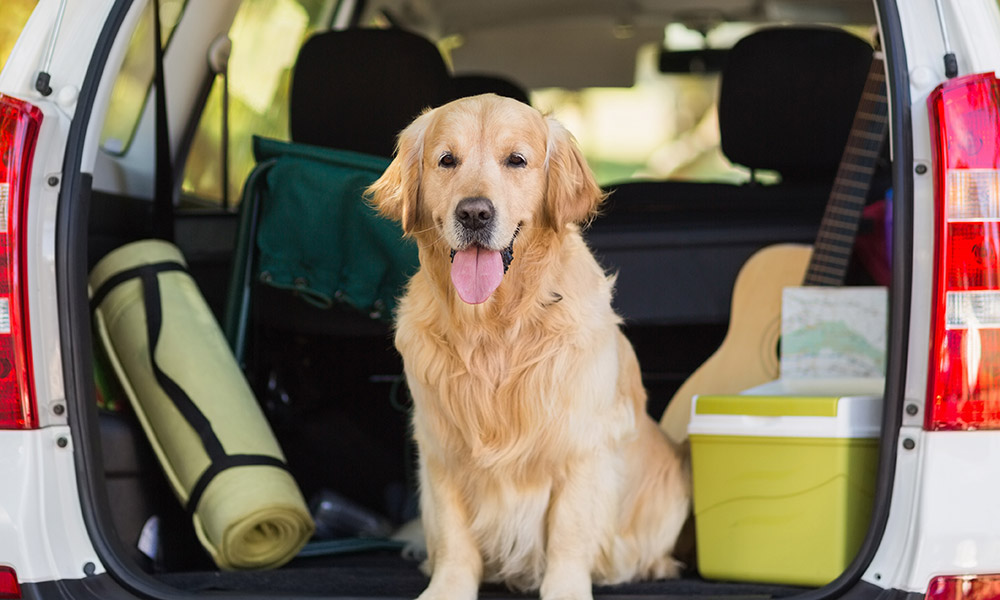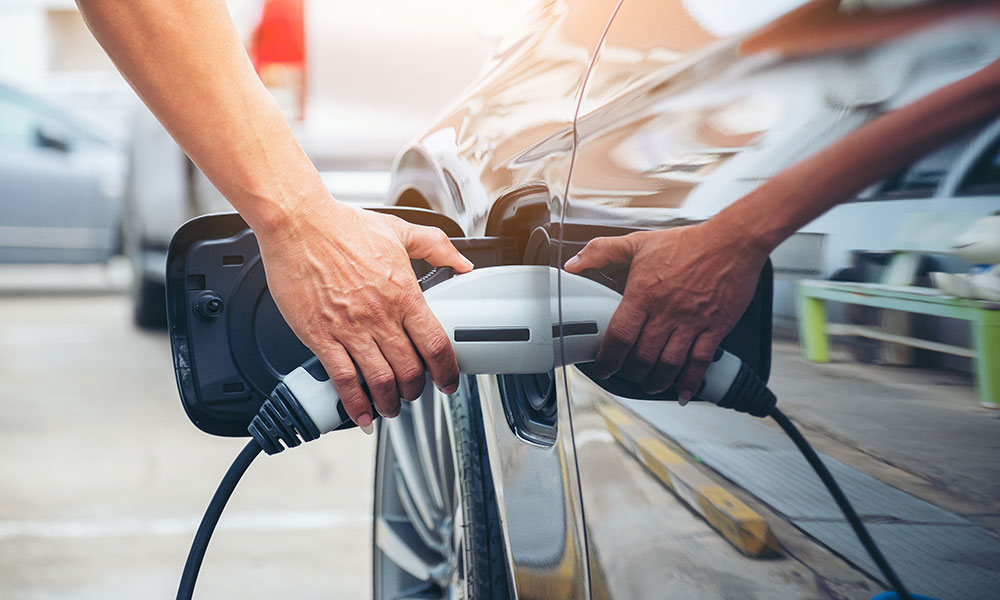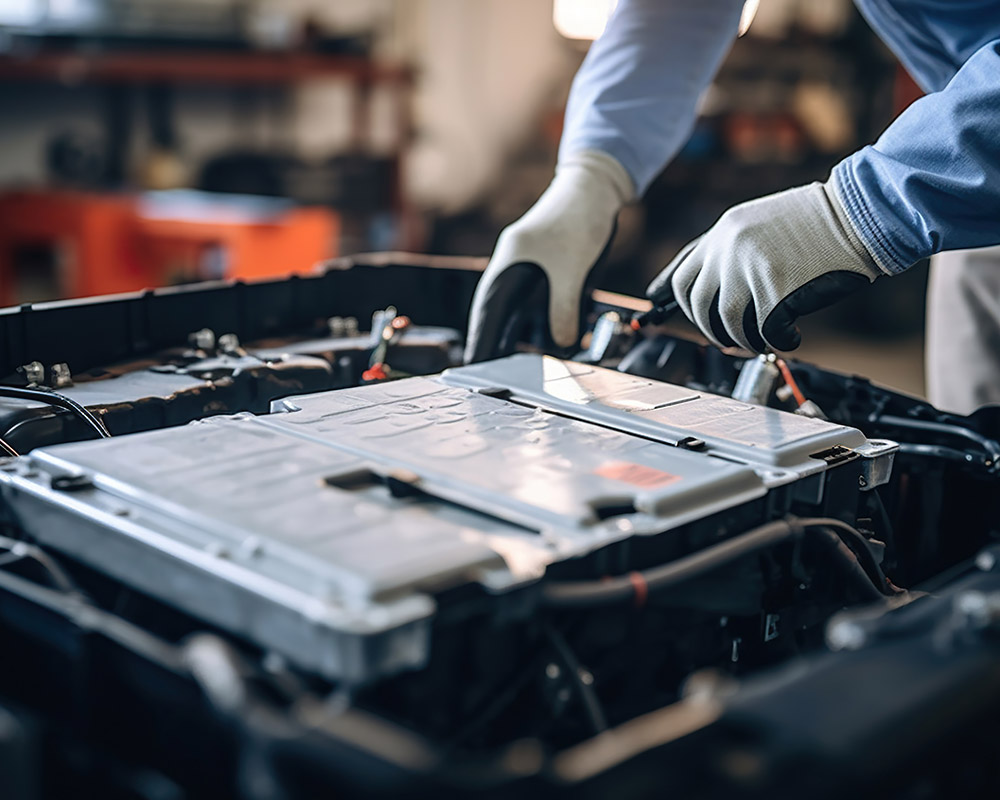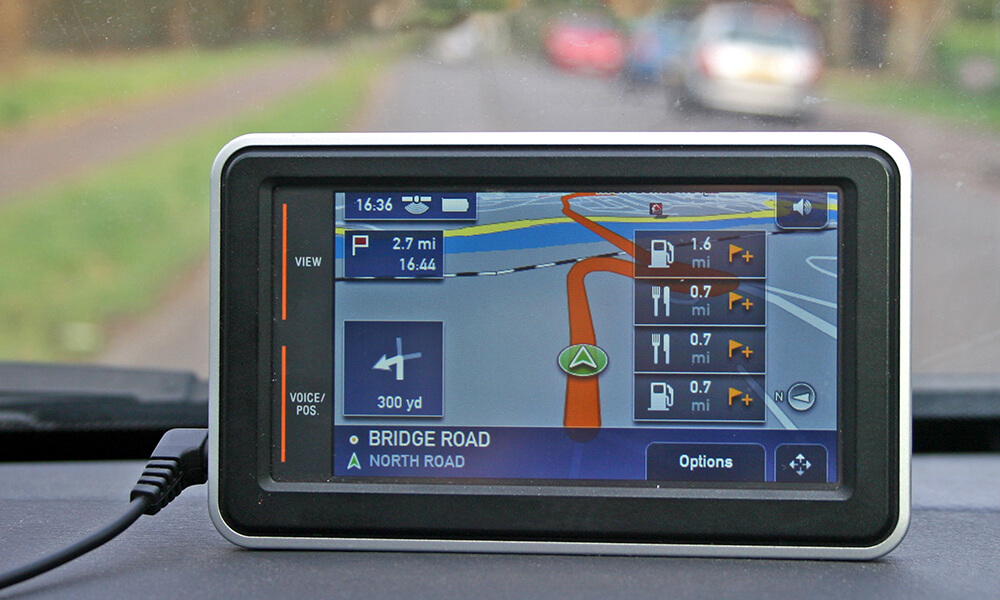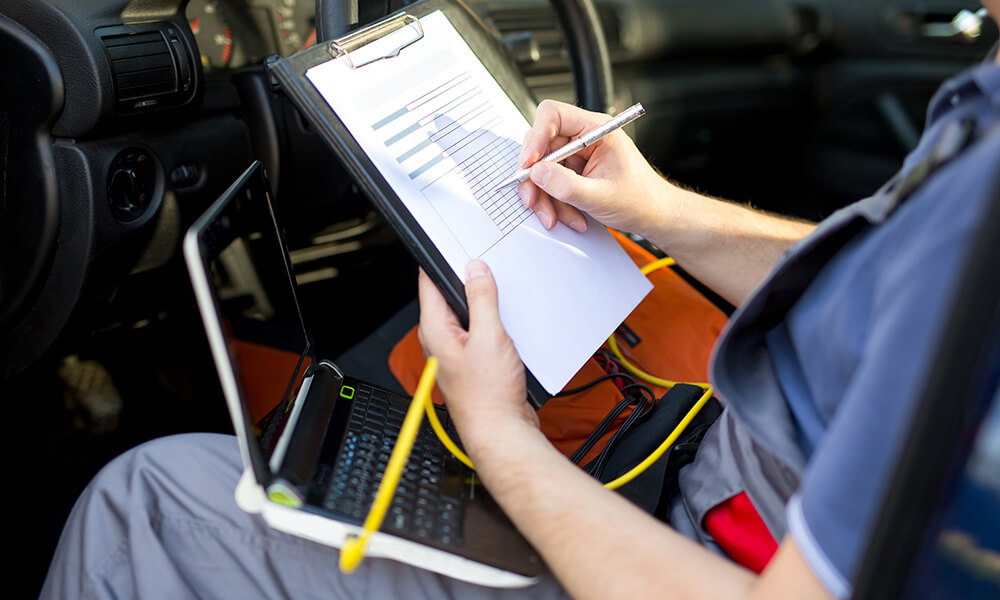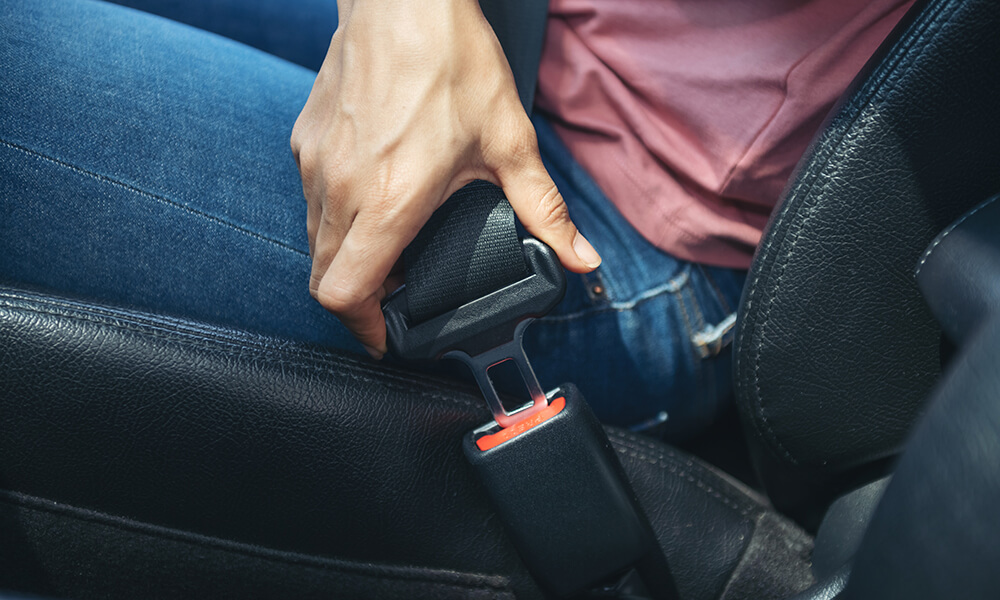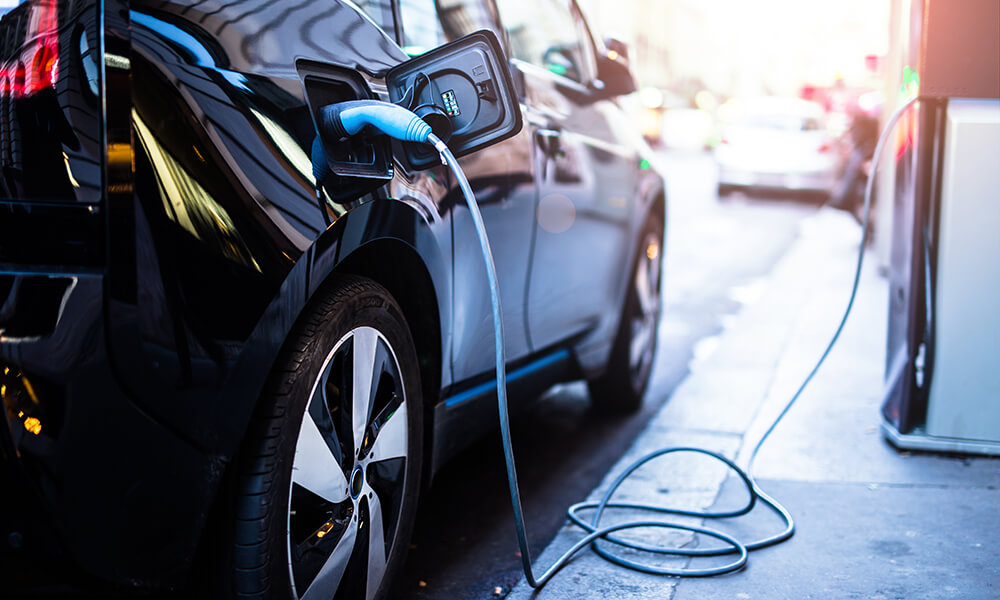What to look for when buying a used car

Advice on buying a used car
For some people, buying used cars feels like a risky venture, but it needn’t be. There are thousands of reputable garages and forecourts up and down the country, but it’s still helpful to know what to expect and what to look for when buying a used car.
Many drivers are looking for vehicles that tread the fine line between new and old, often landing somewhere around the three-year mark. With most finance deals ending after 36 months and company fleet leases lasting just as long, cars entering the used market aged three tend to be on sale after being returned to the dealer.
Three years on, the car’s value tends to be half what it was when new, but should still work well and continue to do so for some time, mileage and model willing. Once a car reaches the five-year mark, the number of repairs and maintenance tends to increase, and while it isn’t a guarantee that your vehicle will begin to break down once it reaches a certain age, it’s something to consider once your car hits the milestone.
With greener initiatives being introduced in the next few decades, it may be prudent to consider the future when buying a second-hand car. As of September 2021, E10 has become the standard form of fuel in the UK, and while other forms of fuel are still available, it’s no longer as common. Some specific older models won’t be able to run E10, something to consider when looking at the older end of the scale.
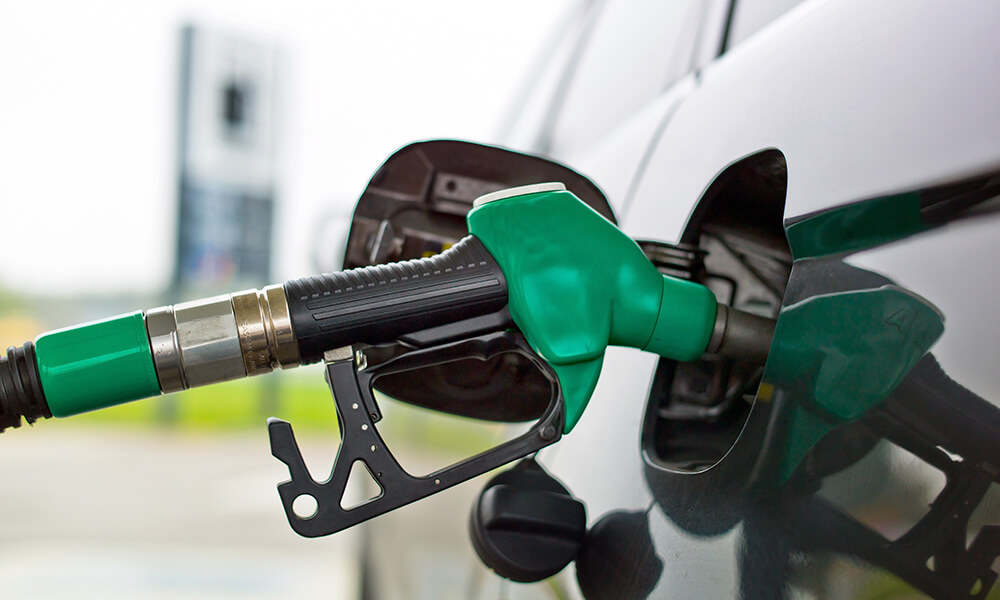
Likewise, with 2030 bringing an end to the sale of new petrol and diesel cars, it could be worth considering what type of car you want, one with an internal combustion engine, known as an ICE, or an electric vehicle, an EV. While you’ll still be able to buy ICE vehicles second-hand after 2030, choosing an EV may be more practical if you’re thinking long term.
The vast majority of petrol vehicles on road today will run E10 fuel, so statistically, it’s likely that your car can run E10. If you’re unsure or just want to double check, you can always use the government’s E10 vehicle checker for full confirmation.
Sometimes knowing what to ask when buying a new car can make all the difference when it comes to finally deciding to make a purchase. We’ve put together a list of questions you could ask if they don’t come up naturally.
Can the car be sold legally?
First and foremost, before even entertaining the notion of driving away in your chosen vehicle, you should ask whether you can legally purchase it. The seller must have the title to the car detailed as such in the logbook.
The seller must also tell you if the car’s been recorded as an insurance write-off and which category it’s in. If the vehicle is considered unroadworthy, it should be described as such and must be sold with the acknowledgement that it needs repairing or should be used for parts.
Finally, if you’re purchasing from a dealer, the car has to be able to fulfil the Consumer Rights Act, which means it has to be of satisfactory quality and as described.
Is the logbook there?
A seller should have a complete and untampered registration certificate (V5C). It is possible the certificate could be lost, but the seller should contact the DVLA to request a replacement before attempting to sell the car. Similarly, if the new keeper supplement is missing, the current owner will need to order a replacement. This is important because, without it, you’ll have little to no proof of ownership till the DVLA issues you a new one.
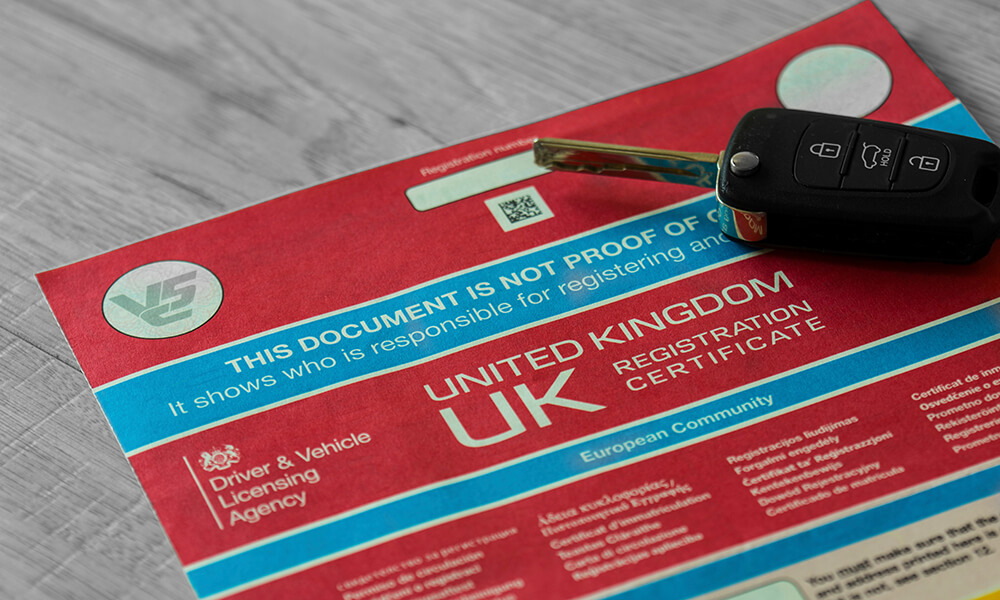
Does the seller own the car?
You might come across a car that’s being sold on behalf of another individual. While this doesn’t necessarily indicate something’s amiss, you should still exercise caution as the seller may not be able to answer all your questions. There may also be complications further down the line if the person selling you the car didn’t have permission to do so.
Are you buying (a car) from a dealership or a private seller?
One of the questions to ask when buying a used car is whether the person selling it is working on behalf of a dealership. Dealerships, in general, offer some form of legal protection with regards to their business status; car dealers also have legal obligations that mean they have to prepare a car to a certain standard before the sale.
Your rights when buying a used car from a private seller are slightly diminished. A used car purchased from a private seller must only qualify for the following things:
- The seller must have the right to sell
- The car should match the description
- The vehicle must be roadworthy.
It’s worth noting that selling a car that isn’t roadworthy and not telling the buyer is an offence.
The vast majority of private sellers will undoubtedly be happy to answer any questions you may have, but legally, they’re only obliged to answer the above.
Does the car have unpaid finance?
As mentioned above, many cars that land in the three year “sweet spot” tend to be cars that have ended their stint on finance before being returned to a dealer and sold as used. One thing to ask if you’re buying a car from a private seller that’s around this age is whether the vehicle still has unpaid finance.
If the answer is yes, the car doesn’t fully belong to the seller as the finance isn’t settled. If so, the seller isn’t legally allowed to sell the vehicle, and if they fail to continue the finance payments, there’s a chance the car could be taken away by debt collectors. A private seller who does this is committing an offence, and while you wouldn’t be in the wrong, it can lead to a lot of unnecessary hassle.


